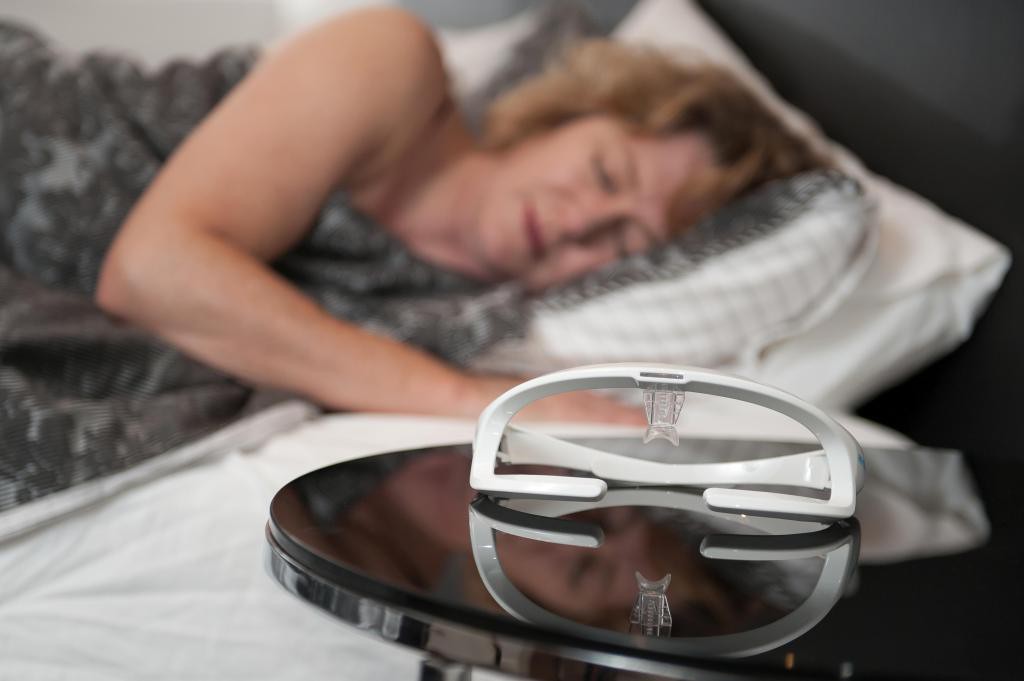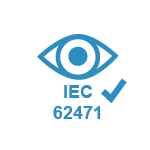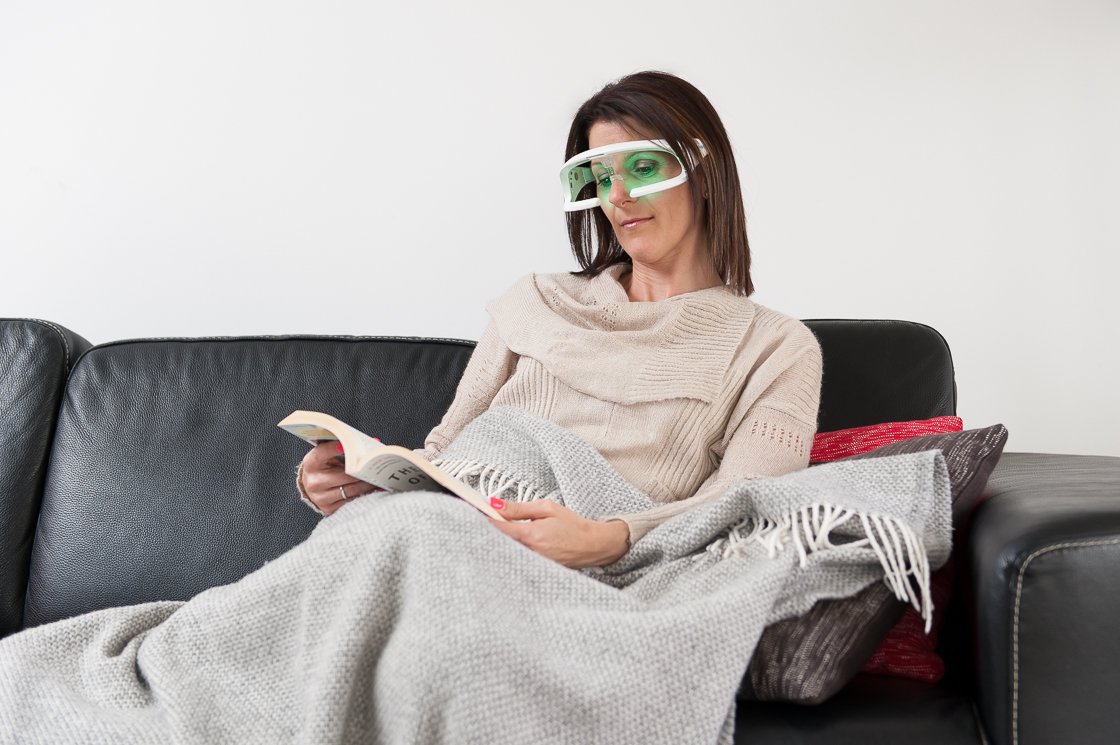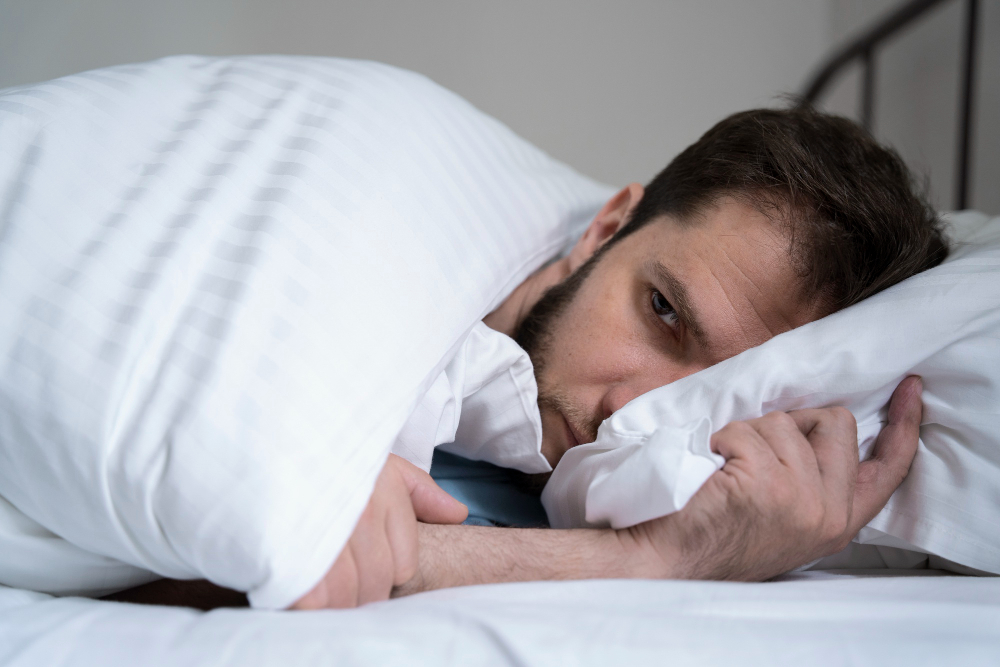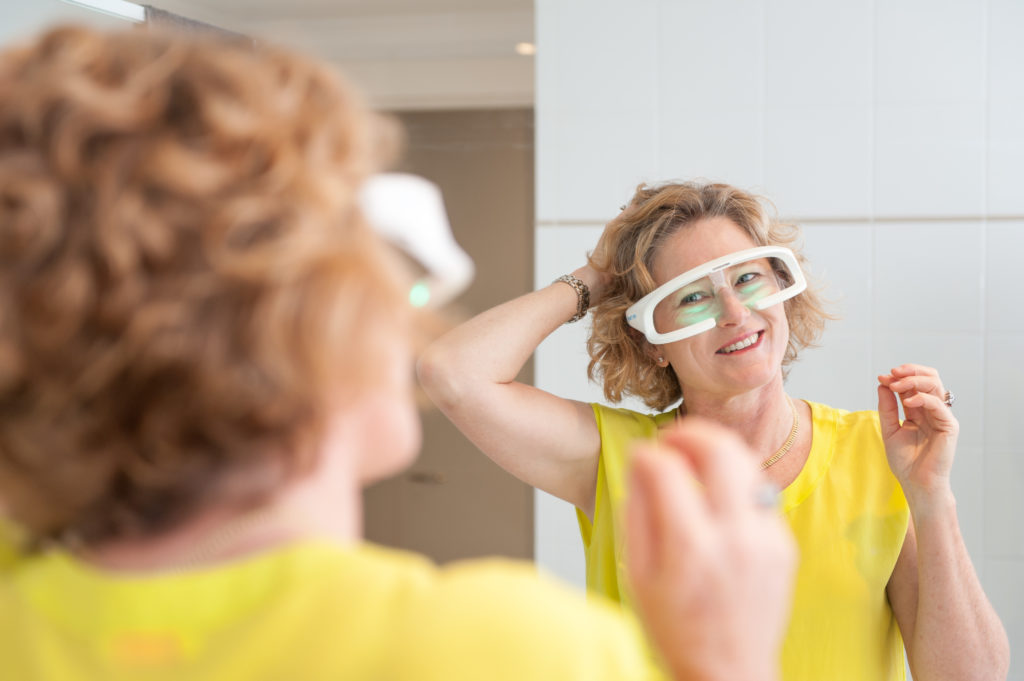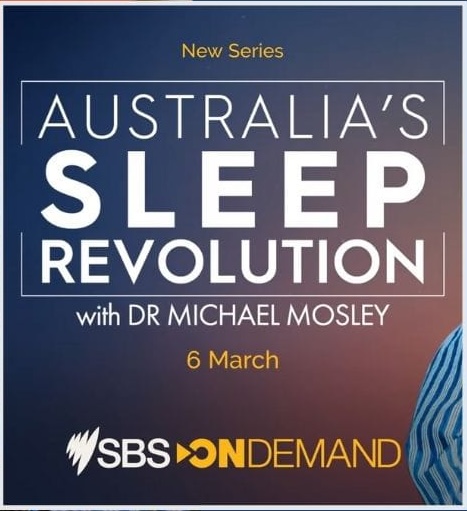“I suffer from chronic insomnia where although I get into bed by 10:00pm, it takes me 1-2 hrs to actually go to sleep & I invariably wake at 3-3:30 every morning.
I follow the usual sleep hygiene protocols but this routine hasn’t been affective.
Would your device assist? “
Suzy who wrote to us with the above problem is not alone. Millions around the world, struggle with insomnia, the inability to fall asleep or stay asleep. Fortunately, there are effective treatments available, and two powerful tools you might not be familiar with are bedtime restriction therapy in conjunction with bright light therapy. Let’s explore how they work together to help you manage your sleep and achieve those restful nights you crave.
Taming the Bed Time

Imagine this: you toss and turn for hours in the bed, frustrated by the lack of sleep.
This frustration can lead you to spend even more time in bed, hoping to catch some sleep. However, this approach doesn’t work for everyone. This is where sleep can help in increasing sleep efficiency— the ratio of time spent asleep to time spent in bed.
This approach developed by Dr. Arthur Spielman, is designed for people who have trouble sleeping during the beginning, middle or end of the time spent in bed. It doesn’t aim to restrict actual sleep time but rather to initially restrict the time spent in bed.
Take for example, you go to bed at 11:00 pm and get out of bed in the morning at 7:00 am but your actual sleep time is only 5 hours per night. Your sleep efficiency in this case is around 62% ( 5 hrs/8hrs). During the first step of this procedure you will be in bed only 5 hours (e.g., 12:00 a.m. to 5:00 a.m.). This may sound difficult at first but after a week or so there will be a marked decrease in time spent awake in the middle of the night.
Usually people experience marked improvement in the quality of sleep after a week of restricted time in bed, but they also realize that that they are not getting enough sleep. In this case, the next step is to gradually extend the time spent in bed by 15 to 30 minutes, as long as wakefulness in the middle of the night remains minimal.
By setting this kind of strict bedtime and wake-up time, you essentially retrain your body’s natural sleep-wake cycle. This is used to build up sleep pressure that will help ensure better quality sleep when you are in bed and strengthen the bed as a trigger for sleep. Over time, as your body adjusts to this consistent schedule, you’ll find it easier to fall asleep faster and sleep more soundly throughout the night.
Harnessing the Power of Light
Our bodies are naturally wired to respond to light. Bright light exposure in the morning helps suppress the production of melatonin, a hormone that signals sleepiness. This is where bright light therapy comes in. By using light therapy glasses like Re-Timer, that emits blue-green light similar to natural sunlight, you can regulate your circadian rhythm, the internal clock that governs your sleep-wake cycle. By incorporating bright light therapy in the morning and evening, you can gradually nudge your internal clock forward, making it easier to fall asleep at a reasonable hour.
The Dream Team in Action : Bright Light & Bedtime Restriction Therapy
The recent documentary “Australia’s Sleep Revolution with Dr Michael Mosley” which aired on SBS OnDemand, showcased a combination of bedtime restriction therapy and bright light therapy using Re-Timer light therapy glasses for people suffering from sleep disorders. Dr. Mosley was diagnosed with “moderately severe” obstructive sleep apnea (OSA), but his struggles extended beyond that – a misaligned circadian rhythm, his body’s internal clock that led to him consistently waking up at 3 am, mistaking it for morning.
To address this, renowned sleep psychologist Professor Leon Lack from Flinders University prescribed a two-pronged approach:
- Bright Light Therapy: Dr. Mosley used Re-Timer light therapy glasses before bedtime. These wearable devices emit green-blue light, helping to reset his circadian rhythm.
- Bedtime Restriction Therapy: This involved setting consistent sleep and wake times, even on days with poor sleep.

By combining these techniques, Dr. Mosley was able to “shift” his body clock. This reduced the likelihood of those disruptive 3 am awakenings, paving the way for a more restful sleep experience.
That’s the advantage of this approach: bedtime restriction therapy and bright light therapy work synergistically. By limiting your time in bed and exposing yourself to bright light in the morning and evening, you’re sending strong signals to your body about when it’s time to sleep and when it’s time to be awake. This consistent approach can significantly improve your sleep quality and duration.
Important Considerations
While these therapies offer a drug-free approach to sleep management, it’s important to consult with a healthcare professional. They can help you determine if these therapies are right for you and develop a personalized plan to address your specific sleep challenges. Additionally, remember that consistency is key. Sticking to your sleep schedule and light therapy routine, even on weekends, is crucial for maximizing the benefits.
So, if you’re tired of battling insomnia, don’t despair. By considering bedtime restriction therapy and bright light therapy, you can take control of your sleep and finally achieve those restful nights you deserve.


